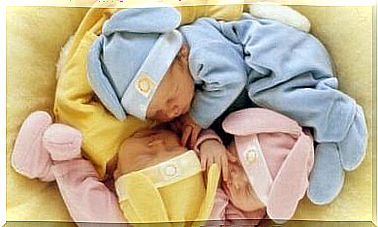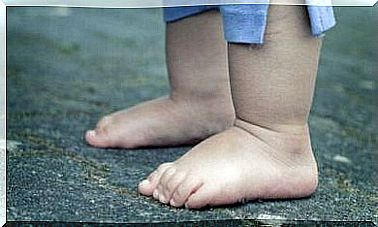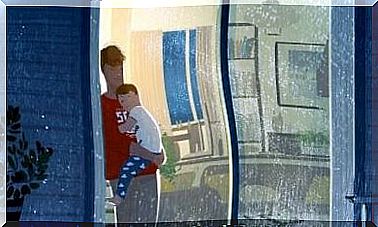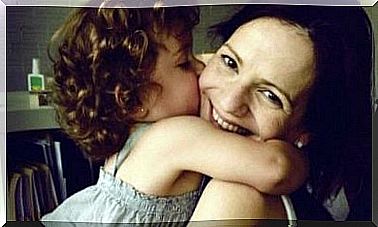Corporal Punishment And The Consequences Of It
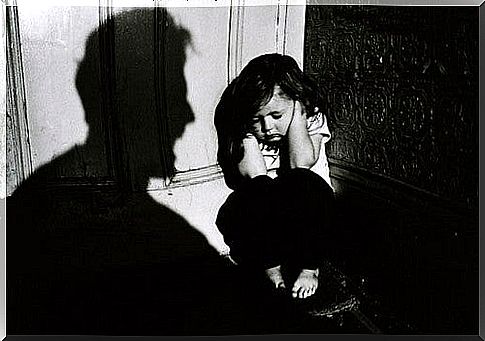
How should you react to those who think it is necessary to beat children? How do you justify why you do not agree with corporal punishment ? Conversations often provide an opportunity to share ideas about parenting and parenting methods.
You should know how to tell people who believe that corporal punishment is the best upbringing option that you disagree with.
The truth is that if we choose violence, then we are heading out on a siding.
A good lesson you can teach your children is that violent behavior should not be justified under any circumstances.
Self-control and good arguments are the most effective ways to avoid conflict and offer a genuine solution to problems. It is not necessary to mistreat others to prove what we are capable of.
Stop for a moment and think about it. Are you better off beating someone else? The answer is NO. You will NEVER get better.
Anyone who says otherwise only exhibits a vulnerability and insecurity that is so great that they have to resort to strength that is primitive and unintelligent.
You may have heard another parent talk about how “effective” it is to slap or hit their children.
While this may seem shocking, many times we may end up imitating other parents’ violent behavior and developing it in our own homes when we compare ourselves to them. This is because we may think we will gain more respect in this way and that we can introduce more discipline.
Here are some important reasons you can tell others if you do not agree with corporal punishment:
The consequences of corporal punishment in childhood
- Deficiencies in emotional development. A child who receives severe physical and emotional punishment has lower self-esteem, poor concentration, difficulty relating to others in society, anxiety and depression.
- Recognition of physical abuse as a communication model. Violent behavior tends to repeat itself. Therefore, a child who has been physically abused has a greater risk of becoming one who abuses other people himself.
- It increases irritability and aggression. Children are not old enough to distinguish between the unacceptable behavior that the parent is trying to suppress and the violent methods he or she is using. In the short term, this contradiction becomes a trigger for aggression.
- Corporal punishment goes against the process of developing ethics and values. It creates an inner conflict in the child when a parent demands that the child behave properly and uses physical violence to make them obey.
On the one hand, they are judged by unacceptable behavior, but the punishment used is even less acceptable.
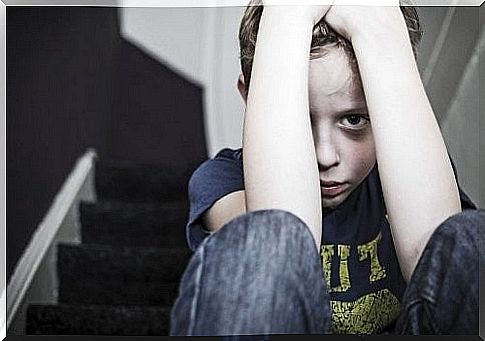
This is how you react to people who think it is necessary to beat children
- We are not a good example when we beat children. When you hit them, they learn to hit. This is especially true if they are small.
- Children tend to imitate the behavior of others – especially those they love and respect. They think what you are doing is right. It is very likely that they will use your behavior towards other children.
- You do not reprimand bad behavior when you hit. In many cases, the behavior that a parent disapproves of is recurring when physical violence is present. A child who receives corporal punishment feels bad inside and reflects on it by acting in a more reprehensible way.
- Physically violent interaction promotes anger in children and parents. The negative emotions inside children turn into a time bomb, even though they seem to behave as expected, after corporal punishment. In an angry moment, it is possible for the parent to use excessive physical force on a child, and this is something that the child will retain in his or her emotional memory.
What can we conclude from this?
1. Physical punishment impairs the child. A child’s self-image is generated by how he feels, others see him. No matter how hard you try to make the child feel that you love him, you will send confusing messages if you hit him. If we hit children, we make them feel that they are weak and helpless, and that everyone can hurt them.
2. Corporal punishment impairs the parent. It removes the parent’s relationship with the child. It creates a distance between them as it generates very strong, emotional barriers and tension.



